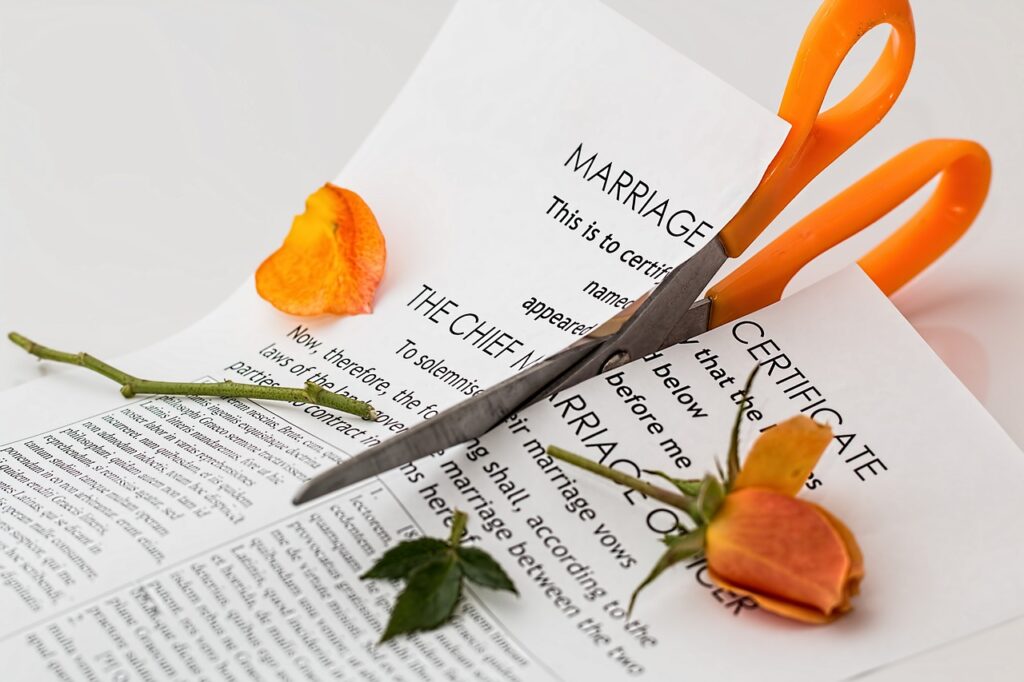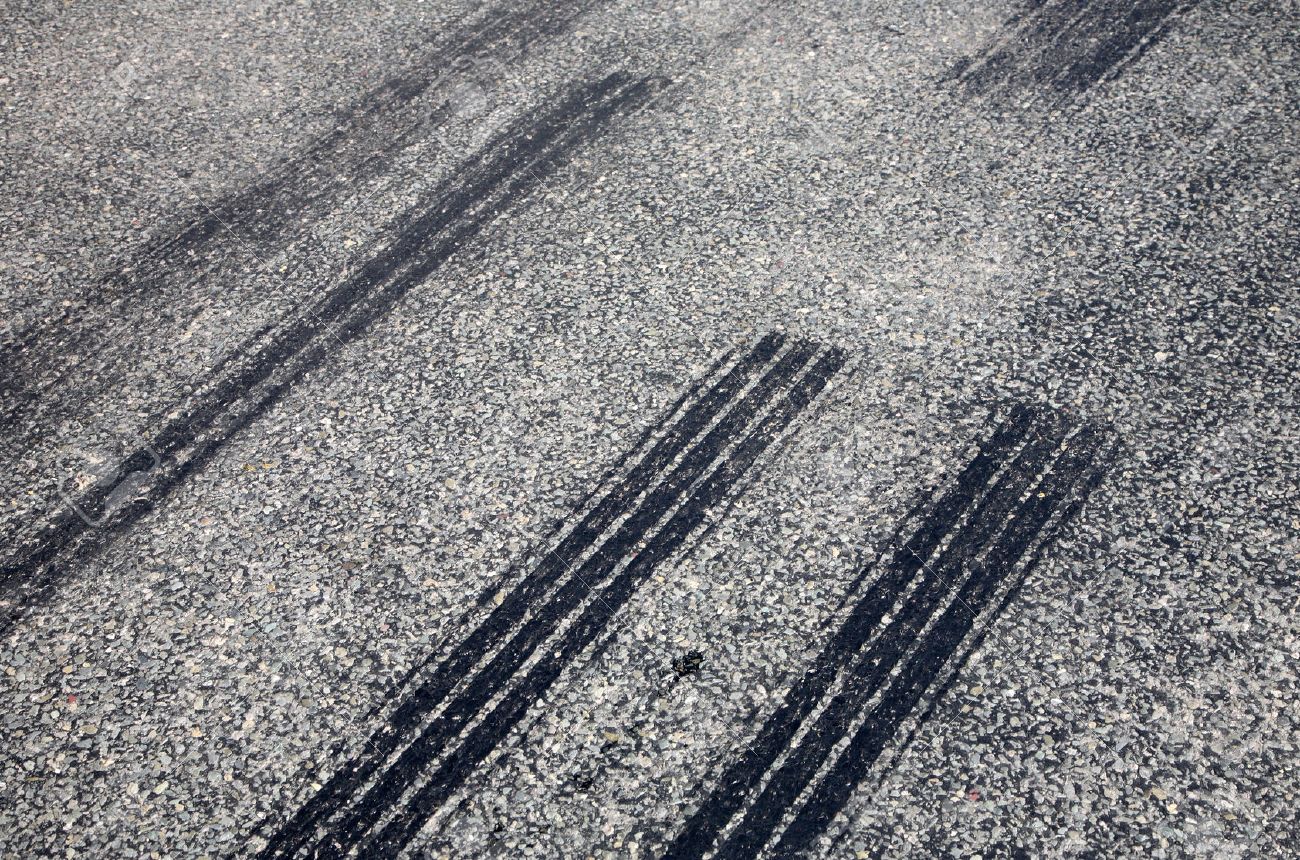Now Reading: 6 Tips for Getting Effective Witness Statements
-
01
6 Tips for Getting Effective Witness Statements

6 Tips for Getting Effective Witness Statements
Witness statements can often make or break an insurance claim or personal injury lawsuit. If you have been in a car accident, you need to optimize your chance at success by getting statements the right way. Here are some best practices that may just set you up for a big win.
1. Act Quickly
Human memory is not flawless. People tend to make a lot of mistakes when trying to recall a series of unfortunate events, especially as more time passes. You should make an effort to gather witness statements as soon as you can after a car accident. There have been numerous studies showing how people tend to subconsciously fill in the blanks with things that are sometimes wildly inaccurate.
Acting quickly to gather witness statements and contact information will also help you ensure no one wanders away from the scene of the accident. You should make haste in every step of the process after a vehicular collision, and you should file a car accident claim as soon as possible.
2. Watch for Inconsistencies
While you should not necessarily try to interfere with a witness’ statement, you should listen closely. Any new information or inconsistencies with other statements can impact your case. Your attorney can help you comb through statements later, but finding things early on can save valuable time and may change how you want to approach your claim.
3. The Basics
Make sure the witness includes the who, what, when, whereof the accident, and anything they saw. You will also need all the standard information for the witness on their statement in case there needs to be some follow-up, or they are requested to make an appearance in court.
Write down the witness’s full name, phone number, and home address. An email address or place of work are nice bonuses, but you should have enough already for your attorney or a representative of the court to track them down if needed.
4. A New Perspective
It can be very helpful to get the full perspective of the witness included in their statement. Feel free to let them describe the events surrounding the accident in a narrative style. Having the witness write it out as a story is a great way to get the information flowing, and it can distract them from overthinking or second-guessing their experience.
Witnesses, like the drivers involved, should try to avoid speculation or guesswork. But getting a witness talking will inevitably lead to some of this, so do not be harsh with them. It is also possible that they perceived you as the reason for the accident, so try to remain calm and not take it personally. Having an attorney collect witness statements is ideal, but that can often take extra time.
5. Get Specific
The more specific a witness statement is, the more useful it will be in settling any claims or suits. Make sure to have the witness elaborate on each point of information and be very clear. Even if it seems like some facts are obvious or already included in the evidence, you will want each witness to explain fully.
This includes saying the street names or mile marker where the accident occurred, other people’s names and descriptions, and any circumstances that may have contributed to the wreck. Additional information that is sometimes forgotten about might be the road conditions or weather at the time of the accident. Until an insurance claim is paid out or a court case is won, you do not want to make any assumptions about what information will be beneficial or not.
6. Get Their John Hancock
You will want to make sure that each witness puts their signature directly onto their statement. A signature will be required for any statement given to law enforcement or insurance companies. And if your car accident turns into a lawsuit, this legitimizes the statement for use in court.
About the Author:
Samantha Alvord is a legal expert and a passionate writer who works tirelessly to inform people about the field of personal injury, her area of specialty. She has a talent for making complex legal concepts accessible to the public. It is Samantha’s goal to present a clear and structured piece to the reader, which can easily be used as a guide to solving legal matters.










